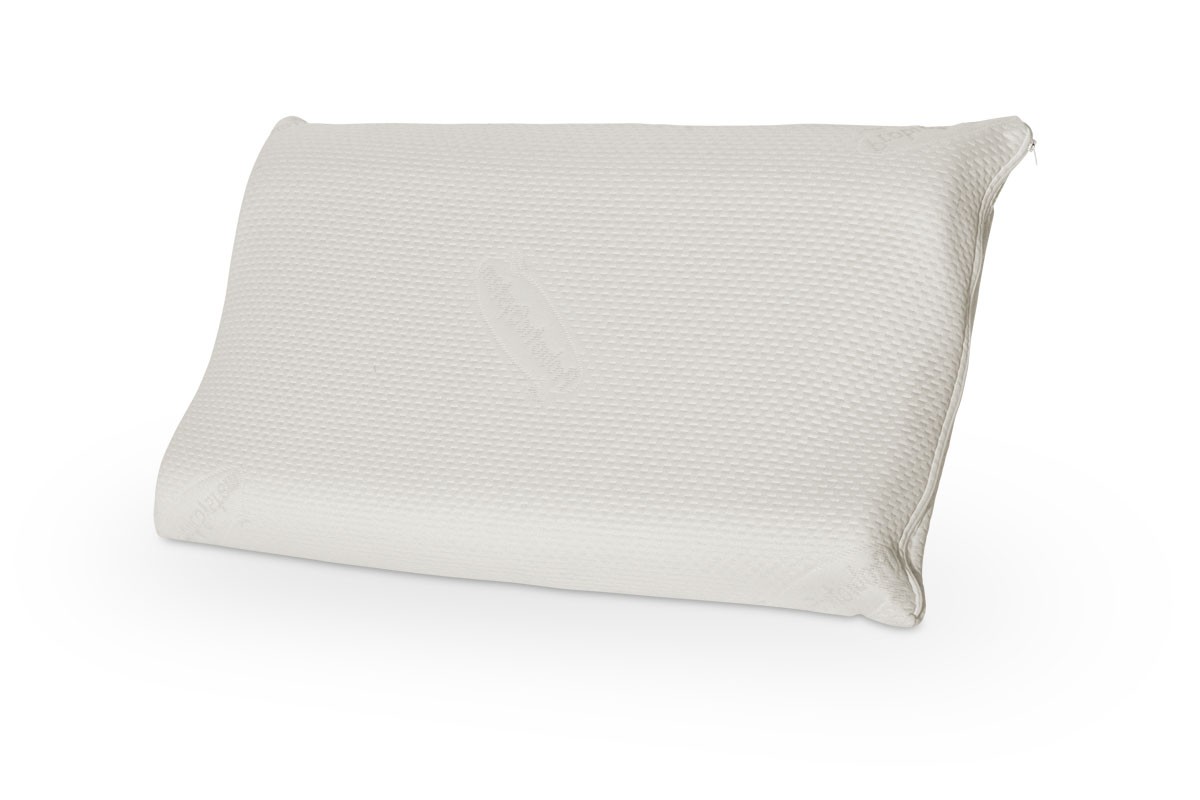How does Brief-Term Memory Work in Relation to Long-Time Period Memory…
페이지 정보

본문
How does quick-term memory work in relation to lengthy-term memory? Are quick-term day by day reminiscences in some way transferred to long-time period storage whereas we sleep? Alison Preston, an assistant professor on the University of Texas at Austin's Heart for Learning and Memory, recalls and offers a solution for this question. A short-time period memory's conversion to lengthy-time period memory requires the passage of time, which permits it to change into resistant to interference from competing stimuli or disrupting factors akin to harm or illness. Memory consolidation can happen at many organizational ranges in the brain. Cellular and molecular changes usually take place within the primary minutes or hours of learning and lead to structural and useful modifications to neurons (nerve cells) or units of neurons. Methods-level consolidation, involving the reorganization of mind networks that handle the processing of particular person reminiscences, could then occur, however on a much slower time-frame that may take several days or years.

If you're enjoying this article, consider supporting our award-winning journalism by subscribing. By buying a subscription you're serving to to ensure the future of impactful stories in regards to the discoveries and ideas shaping our world at this time. Memory does not confer with a single aspect of our expertise but reasonably encompasses a myriad of discovered data, such as figuring out the id of the 16th president of the United States, what we had for dinner final Tuesday or learn how to drive a automobile. The processes and mind regions involved in consolidation may range relying on the actual characteristics of the memory to be formed. Let's consider the consolidation course of that affects the class of declarative memory-that of basic info and specific occasions. One of these memory relies on the perform of a brain region known as the hippocampus and different surrounding medial temporal lobe constructions. At the cellular degree, memory is expressed as changes to the construction and function of neurons.
For instance, new synapses-the connections between cells through which they exchange information-can form to allow for communication between new networks of cells. Alternately, existing synapses may be strengthened to permit for increased sensitivity within the communication between two neurons. Consolidating such synaptic modifications requires the synthesis of latest RNA and proteins within the hippocampus, which transform non permanent alterations in synaptic transmission into persistent modifications of synaptic architecture. For instance, blocking protein synthesis within the brains of mice doesn't have an effect on the brief-term memory improvement solution or recall of newly discovered spatial environments in hippocampal neurons. Inhibiting protein synthesis, nevertheless, does abolish the formation of new lengthy-term representations of house in hippocampal neurons, thus impairing the consolidation of spatial recollections. Over time, the mind methods that help individual, declarative memories additionally change because of programs-level consolidation processes. Initially, the hippocampus works in live performance with sensory processing areas distributed within the neocortex (the outermost layer of the brain) to kind the brand new recollections.
Inside the neocortex, representations of the weather that represent an event in our life are distributed throughout a number of mind regions based on their content material. For instance, visual information is processed by primary visual cortex in the occipital lobe at the rear of the mind, Memory Wave whereas auditory information is processed by primary auditory cortex situated in the temporal lobes, which lie on the facet of the mind. When a memory is initially formed, the hippocampus rapidly associates this distributed data right into a single memory, thus acting as an index to representations in the sensory processing regions. As time passes, cellular and molecular adjustments enable for the strengthening of direct connections between neocortical regions, enabling the memory of an occasion to be accessed independently of the hippocampus. Harm to the hippocampus by harm or neurodegenerative disorder (Alzheimer's disease, for instance) produces anterograde amnesia-the lack to form new declarative memories-as a result of the hippocampus is not in a position to attach mnemonic data distributed within the neocortex before the info has been consolidated.
Apparently, such a disruption does not impair memory for facts and occasions that have already been consolidated. Thus, an amnesiac with hippocampal damage would not be capable to be taught the names of current presidential candidates but would be capable of recall the identity of our 16th president (Abraham Lincoln, in fact!). The function of sleep in memory consolidation is an historic query relationship again to the Roman rhetorician Quintilian in the first century A.D. A lot research in the past decade has been dedicated to better understanding the interaction between sleep and memory. Yet little is understood. At the molecular level, gene expression accountable for protein synthesis is elevated throughout sleep in rats uncovered to enriched environments, suggesting memory consolidation processes are enhanced, or could primarily rely, on sleep. Additional, patterns of exercise observed in rats during spatial studying are replayed in hippocampal neurons during subsequent sleep, additional suggesting that learning might continue in sleep. In people, latest research have demonstrated the benefits of sleep on declarative memory performance, thus giving a neurological foundation to the outdated adage, "sleep on it." A night of sleep reportedly enhances memory for memory improvement solution associations between phrase pairs. Related in a single day improvements on virtual navigation duties have been observed, which correlate with hippocampal activation during sleep. Sleep deprivation, alternatively, is understood to produce deficits in hippocampal activation during declarative memory formation, leading to poor subsequent retention. Thus, the absence of prior sleep compromises our capacity for committing new experiences to memory. These preliminary findings suggest an essential, if not important, role for sleep in the consolidation of newly formed memories.
- 이전글Robotic Vacuum Cleaner Tips That Will Change Your Life 25.08.14
- 다음글These Info Just Would possibly Get You To alter Your Online Poker Strategy 25.08.14
댓글목록
등록된 댓글이 없습니다.
